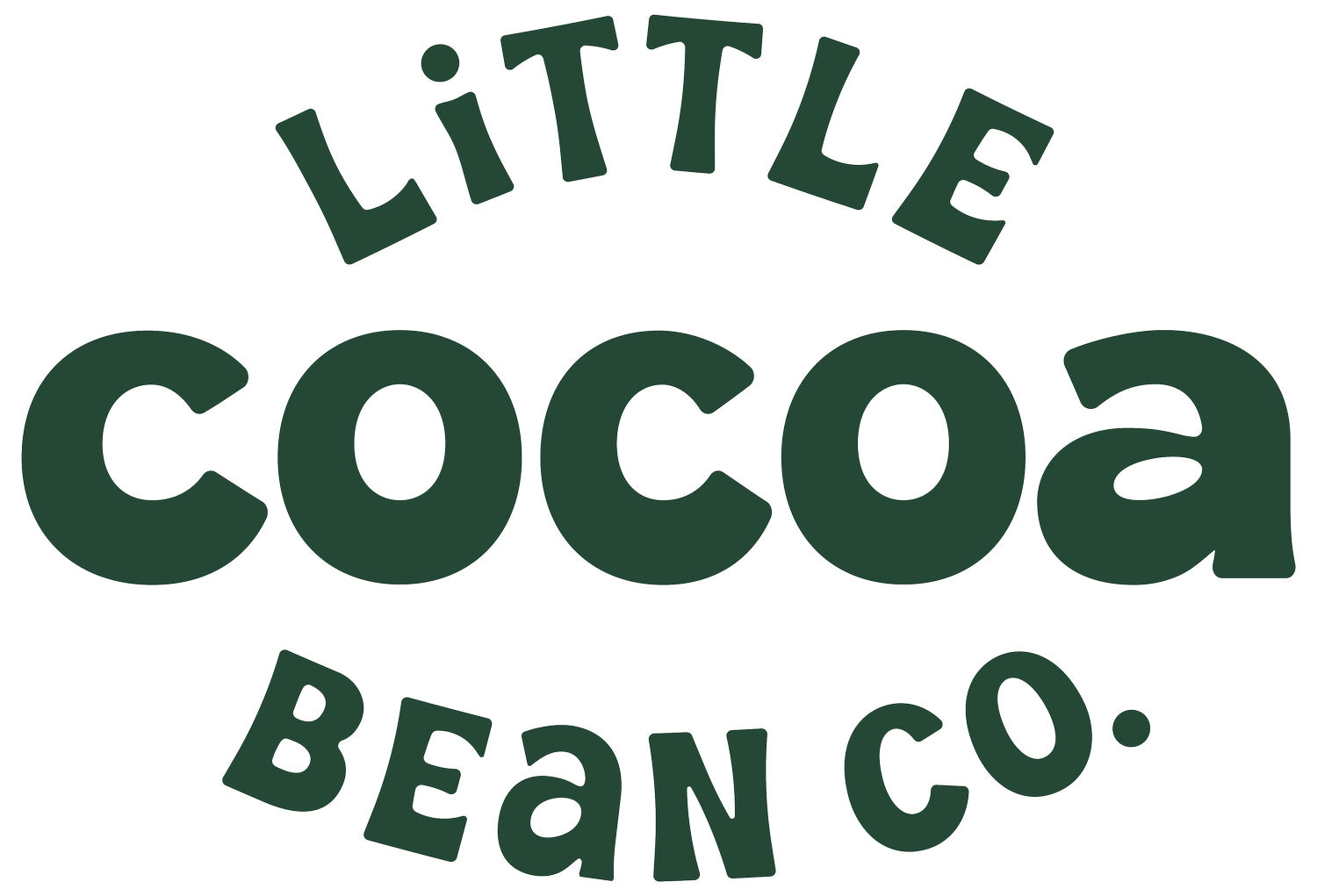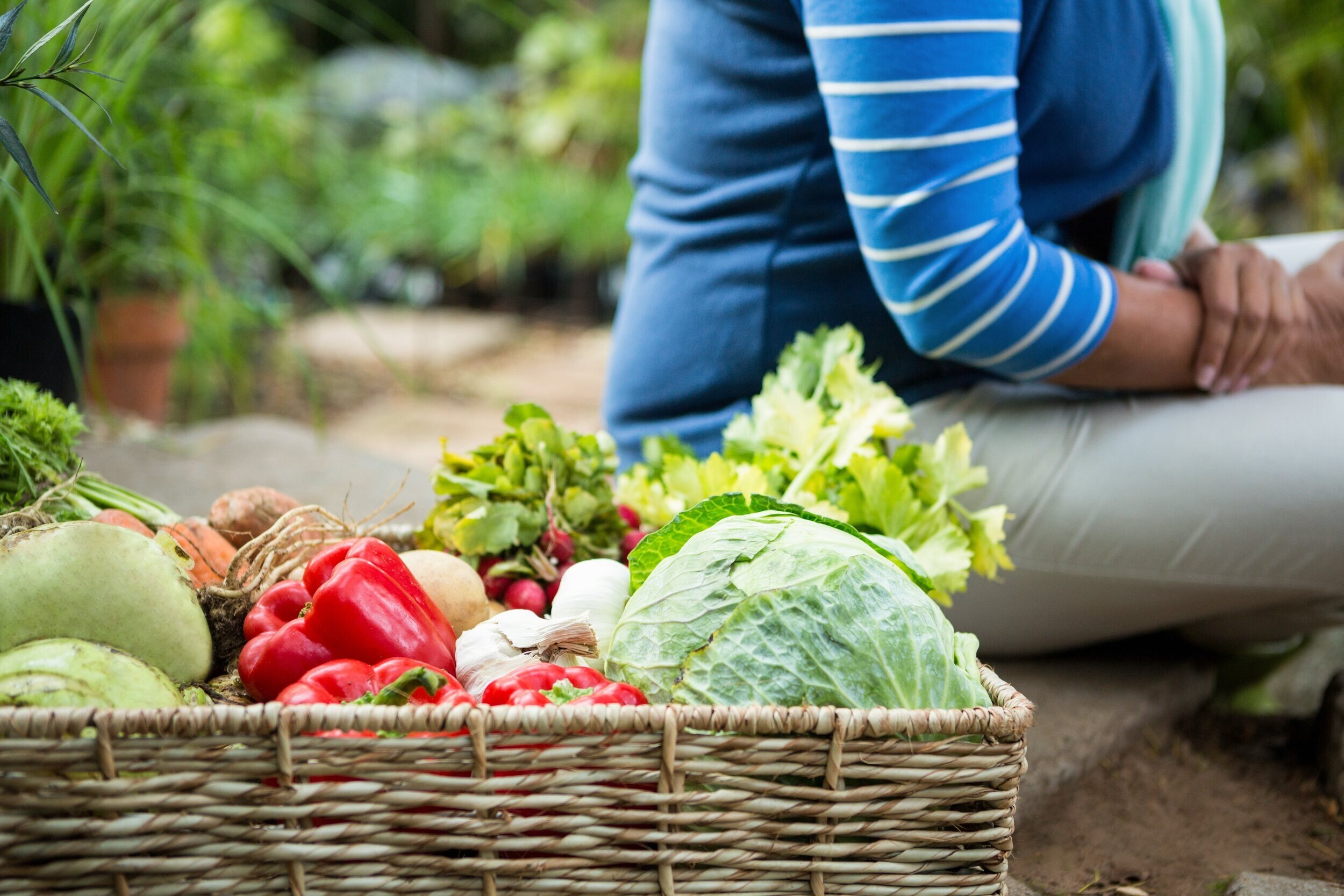A Diverse Culture Born from the Diaspora
When looking at the historical significance of the African Diaspora Foodways, we analyze how it impacted the individuals involved and how it came to really shape the world and culture as we know it today. Once forced into new locations, our ancestors would use substitutes from their new environments to mimic dishes from their homeland; and with massive food deserts, parents can benefit from the education of nutritious substitutes to integrate into their baby’s diet.
To be able to follow in the patterns of the amazing people that came before us allows us to stay connected to a past that will always be apart of us and our experience. Through the pains of the erasure of black history, food was one of the main things that kept the diaspora connected and honed in on the heritage, inclusivity, recognition, and positivity of black cuisines, all things that Little Cocoa Bean aims to hone in on.
The history and culture of our food was shaped by the circumstances of our ancestors and is something to be honored by us. For instance, the history of soul food (i.e. black eyed peas, turnip greens, sweet potatoes) speaks to the nature that despite the pains of slavery, the enslaved always had soul and maintained their faith that God would someday rescue them from bondage. .
Another habit born out of the black community was meal preparation. Even before slavery, meal prep served as a form of unity and identity. Fresh meal prep also makes a big difference compared to canned fruits and vegetables that have spent a significant amount of time between the ground, shelf, and eventually your homes, not to mention the harmful metal packaging (see Little Cocoa Bean’s alternative packaging, Microwave and Freezer Safe Baby Food Storage Jars).
The culture of food within the African Diaspora is powerful in that food served and continues to serve as a segregation breaker, an identity keeper, and spiritual healer.

